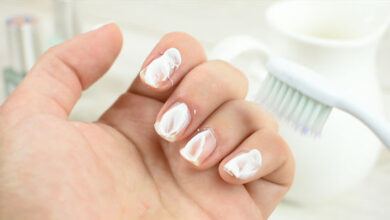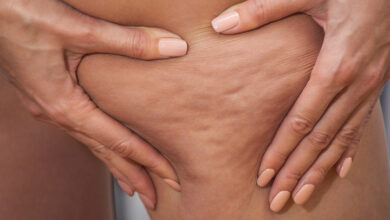7 Home Remedies for Cavities: Natural Solutions to Promote Dental Health
Cavities, also known as dental caries or tooth decay, are a common dental issue that affects people of all ages. They occur when the enamel, the outer layer of a tooth, breaks down due to acids produced by bacteria that feed on sugars in the mouth. If left untreated, cavities can lead to severe pain, infection, and even tooth loss. While visiting a dentist for professional treatment is essential, there are several home remedies that can help manage and potentially reverse early-stage cavities. In this article, we will explore seven effective home remedies for cavities.
1. Oil Pulling
What it is:
Oil pulling is an ancient Ayurvedic practice that involves swishing oil in your mouth to improve oral health. Commonly used oils include coconut oil, sesame oil, and olive oil.
How it helps:
Oil pulling helps remove harmful bacteria from the mouth, reduces plaque buildup, and may even strengthen tooth enamel. Coconut oil, in particular, contains lauric acid, which has antimicrobial properties that can combat bacteria responsible for cavities.
How to use:
- Take one tablespoon of coconut oil and swish it around your mouth for 10-20 minutes.
- Spit out the oil (do not swallow it) and rinse your mouth with warm water.
- Brush your teeth afterward.
- Repeat this process 2-3 times a week for best results.
2. Clove Oil
What it is:
Clove oil is derived from the clove plant and has been used for centuries in traditional medicine for its pain-relieving and antiseptic properties.
How it helps:
Clove oil contains eugenol, a natural anesthetic and anti-inflammatory compound that can relieve tooth pain and inhibit the growth of bacteria. This makes it beneficial for managing the discomfort associated with cavities and promoting overall oral health.
How to use:
- Apply a few drops of clove oil to a cotton ball and place it on the affected tooth.
- Leave it on for about 15-20 minutes.
- Repeat this process 1-2 times a day as needed.
3. Baking Soda
What it is:
Baking soda, or sodium bicarbonate, is a common household ingredient known for its alkaline properties.
How it helps:
Baking soda helps neutralize acids in the mouth, which can protect against tooth decay. It also has mild abrasive properties that can help remove plaque and surface stains on teeth.
How to use:
- Create a paste by mixing baking soda with a small amount of water.
- Apply the paste to your toothbrush and brush your teeth gently for 2-3 minutes.
- Rinse your mouth thoroughly with water afterward.
- Use this remedy once or twice a week.
4. Aloe Vera
What it is:
Aloe vera is a succulent plant known for its healing properties, commonly used in skincare and digestive health.
How it helps:
Aloe vera contains compounds that have antibacterial and anti-inflammatory properties. It can help reduce plaque buildup and soothe irritated gums, promoting overall dental health.
How to use:
- Apply fresh aloe vera gel directly to the affected area of the tooth or gums.
- Leave it on for about 30 minutes, then rinse your mouth with water.
- Repeat this process 1-2 times a day.
5. Saltwater Rinse
What it is:
A saltwater rinse is a simple solution made by dissolving salt in warm water.
How it helps:
Salt has natural antibacterial properties and can help reduce inflammation and promote healing in the mouth. A saltwater rinse can also help remove food particles and bacteria from the teeth and gums.
How to use:
- Mix one teaspoon of salt in a cup of warm water.
- Swish the solution in your mouth for about 30 seconds, focusing on the affected area.
- Spit it out and rinse your mouth with plain water afterward.
- Use this remedy 1-2 times a day.
6. Honey and Cinnamon
What it is:
Honey and cinnamon are both natural ingredients known for their health benefits. Honey has antibacterial properties, while cinnamon is known for its anti-inflammatory and antimicrobial effects.
How it helps:
open next page to continue reading…




